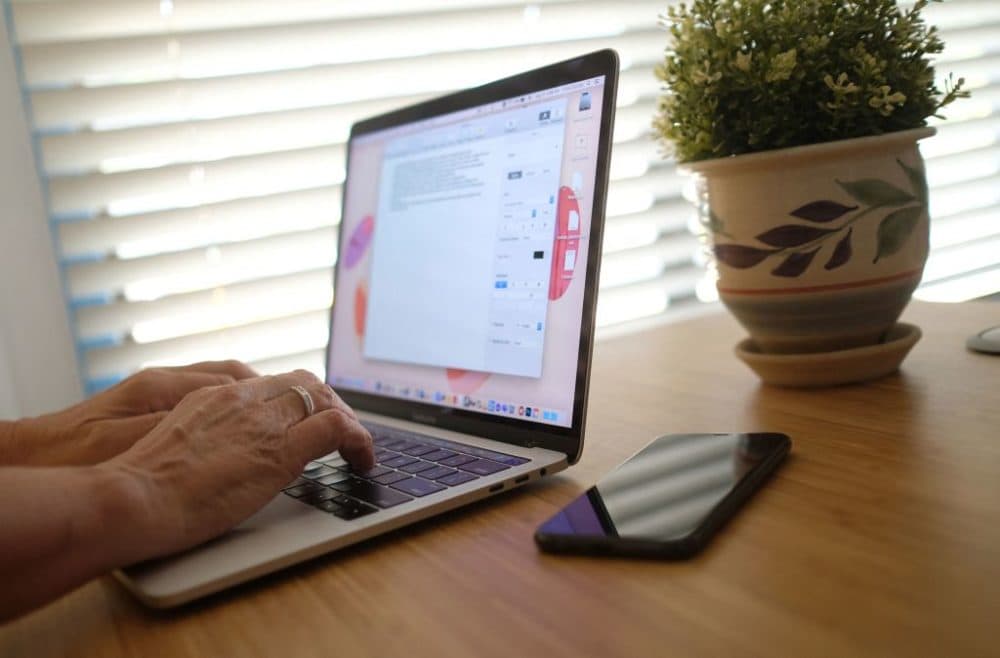Advertisement
Why Companies Should Let Employees Work From Home Permanently, According To One Remote Worker
Resume
Many Americans have adjusted to working from home during the pandemic — but now employers and companies are starting to tell employees it’s time to come back to the office.
What if you want to stay remote? The Washington Post's Michelle Singletary says remote work should be a permanent option.
Productivity — one of managers’ biggest concerns for remote work — went up when offices shut down. And without the stress of commuting, happiness also increased among employees, the personal finance columnist says.
Progressive, competitive employers see a future in remote work, she says. Singletary supports a flexible hybrid model where employees can choose to work from home full-time, part-time or not at all.
“That's where the sweet spot is: if companies will listen to their employee base and come up with a model that is good for everybody,” she says.
LinkedIn, for example, announced that most of its 16,000 global employees can choose to work from home permanently, with the exception of certain roles that need to come into the office.
Singletary received pushback on her column about permanent remote work: Readers voiced concerns about creativity, opportunities to talk to colleagues and employees telling employers what to do.
But much like people who rejected cars in favor of traveling on horse and buggy, she believes folks who refuse to accept remote work will get left behind.
“One thing that COVID showed us was that, hey, life can be snapped out in a moment,” she says. “I don't want my life to just be about my work. I want to be there for my kids.”
Part of the reason Singletary started working from home, she says, is her heart broke hearing one of her kids ask, “Mommy, why am I the last one being picked up from day care?”
People hyperfocus on the idea of a nine to five workday in the office, she says, but people can get work done after putting the kids to bed.
“I want to have a work balanced life because at the end of your life, your manager, your coworkers, all those people that you are striving to be there and in their face, they're not going to be by your bedside,” she says. “It's those people you left at home, that you put second to your job.”
Some organizations are identifying the potential pitfalls of remote work. A survey from the Society of Human Resources Management found more than two-thirds of companies say it's going to be easier to replace a remote employee and 62% say working from home hurts career advancement.
Singletary question whether it’s workers hurting their careers or managers refusing to recognize remote employees are equally productive as those in the office.
“It is up to managers to find a system where there is equality,” she says, “whether you see people in your face or they're working from home.”
Singletary started working from home because of her own and her children’s health issues such as asthma. And she often had to run to school to help her autistic son.
In the beginning, she worried about not seeing her colleagues in person and the assumption that she wasn’t as productive as other employees. But Singletary says she works her “fanny off” for both her family and her employer.
“I want to make sure that my employer is getting every hour and minute that I owe them,” she says. “It's not a nine to five straight line. But I do not shortchange them.”
When Singletary works with interns, she offers flexibility. She recalls telling one intern that it didn’t matter when the single mom worked as long as the work got done.
“As long as you get the things that I need from you when I need that one time,” she says, “girl do you. Do your family.”
Jeannette Jones produced and edited this interview for broadcast with Todd Mundt. Allison Hagan adapted it for the web.
This segment aired on August 25, 2021.

